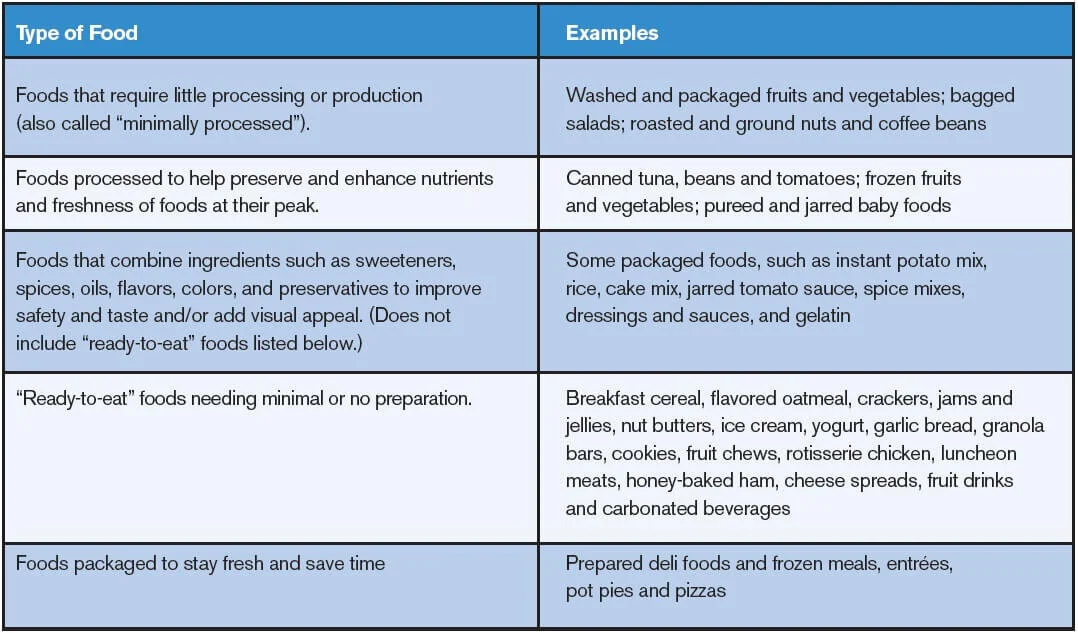Evidence Based Wellness Choices to Make Life Better
1. To Best Understand The Role of Diet, Exercise and Sleep Begin with a Detailed Journal. Using an app like MyFitnessPal is a quick way to start a food journal. Documenting is an excellent way to learn calorie and nutrition content and gain insight regarding what your choices really entail. Keeping track is the best way to learn what gets in the way and what actually works for you.
2. Eat Real Food. Comparisons of diets have discovered there is no one solution to “the best diet.” However comparative diet researchers, Katz and Meller, conclude that, “A diet of minimally processed foods close to nature, predominantly plants, is decisively associated with health promotion and disease prevention.”[1] Processed food is food that is changed in any way before it’s made available to eat including freezing, canning, salting or drying.
3. Control Appetite by Eating Nutrient Rich Sources of Protein. Eating carbohydrates can make you feel hunger sooner than eating more nutritious food.[2] Eating foods that make you feel full is an important aspect of maintaining a healthy diet. Paddon-Jones et al., state in their 2008 article, “protein generally increases satiety to a greater extent than carbohydrate or fat and may facilitate a reduction in energy consumption.”[3]
4. Engage in Vigorous, Meaningful Physical Activity. Find or pick a physical activity that captures your interest. It can be as simple as a daily walk or a complicated as competitive fencing. Keep yourself involved by making it a habit, making it part of your routine or commit by signing up for groups or classes. Schedule when you’re going to do it throughout the week and commit to going beforehand rather than leaving the decision up to the moment.
5. Manage Sleep with Consistent Routine and Schedule. Limiting daytime naps to 30 minutes, avoiding caffeine for at least 6 hours before bedtime, and engaging in 10 minutes of daily exercise has been shown to improve quality of nighttime sleep. Get out in the sun during the day to encourage a healthy sleep-wake cycle. Develop a bedtime routine such as taking a bath, stretching, or reading. Avoid screens and emotionally stimulating material in the evening. Taking too long to fall asleep at night is a sign you should evaluate your habits as you approach bedtime.[4]
[1] Katz, D. L., & Meller, S. (2014). Can we say what diet is best for health?. Annual review of public health, 35, 83-103.
[2] Poppitt, S. D. (2013). Carbohydrates and satiety. In Satiation, satiety and the control of food intake (pp. 166-181). Woodhead Publishing.
[3] Paddon-Jones, D., Westman, E., Mattes, R. D., Wolfe, R. R., Astrup, A., & Westerterp-Plantenga, M. (2008). Protein, weight management, and satiety. The American journal of clinical nutrition, 87(5), 1558S-1561S.



